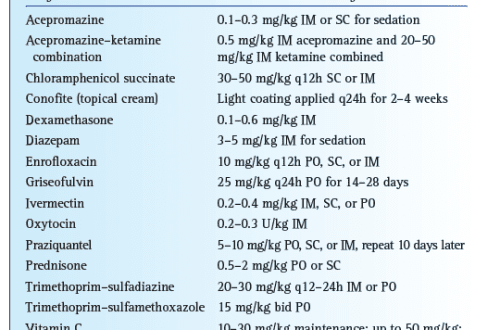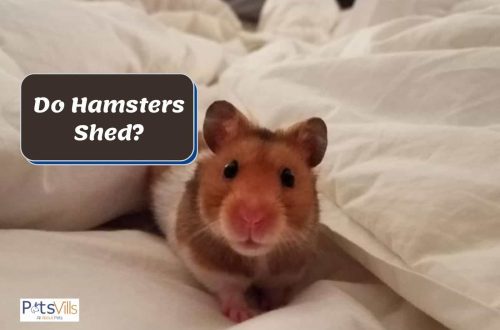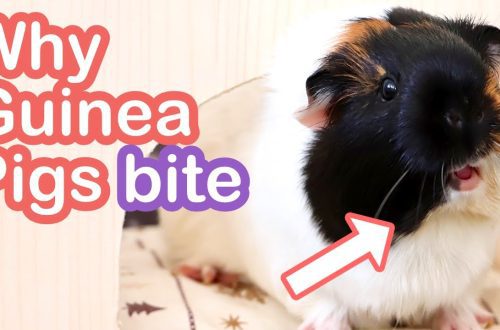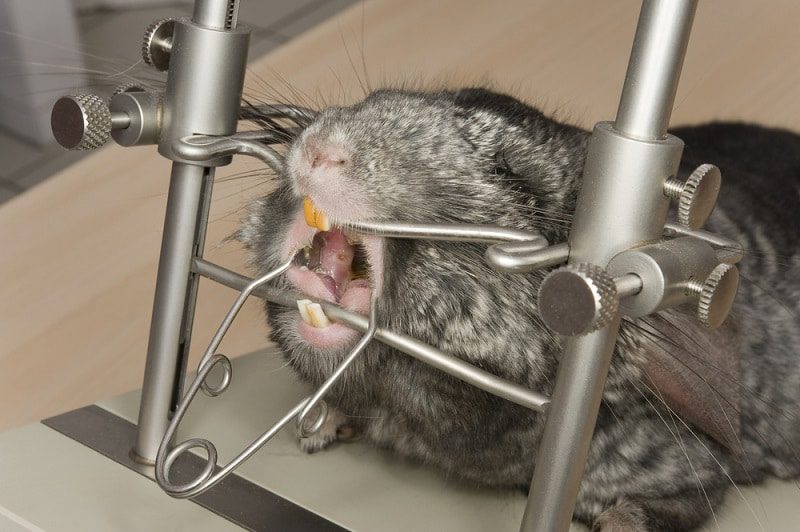
Dental problems in chinchillas: malocclusion, grinding, tooth loss and extraction
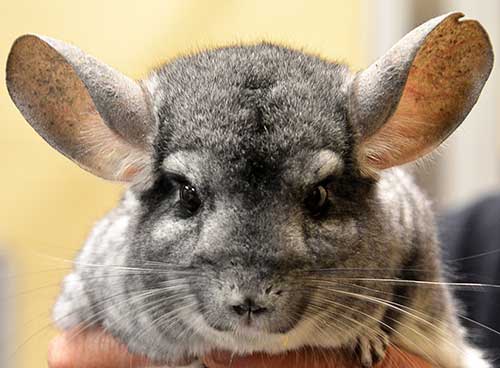
Chinchillas are exotic rodents whose teeth grow throughout their lives. In case of improper erasure of teeth, regular grinding of teeth in chinchillas is used, thanks to which the animal can fully eat and live actively. Many owners naively believe that exotic animals have only two pairs of orange incisors. In fact, there are 20 teeth in the oral cavity of rodents: 4 incisors and 16 cheek teeth, actively growing from birth to death of the animal.
Problems with teeth in chinchillas negatively affect the health of furry pets, animals refuse to eat, rapidly lose weight. In the absence of a timely appeal to a specialist, the death of your favorite animals is possible. Do-it-yourself cutting of teeth at home in an artisanal way is highly discouraged.
The tooth grinding operation is performed by a veterinarian in a clinic using painkillers.
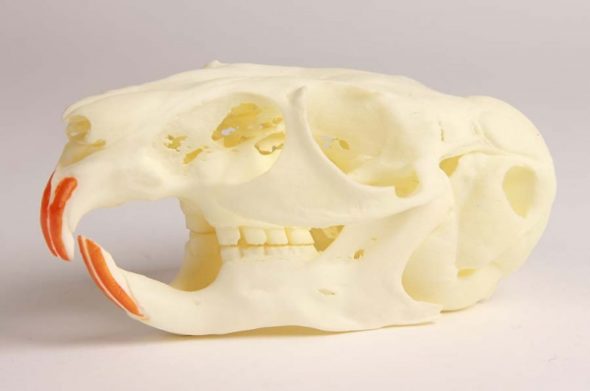
Contents
Symptoms of dental pathologies in chinchillas
You can suspect the presence of dental problems in a pet by a number of characteristic symptoms:
- the animal sorts out food for a long time, scatters food, tries to eat only soft food, refuses hay, sometimes there is a complete refusal of food;
- the animal often rubs its cheeks, yawns, does not eat, sits with its mouth open;
- profuse salivation, wetting of wool on the muzzle and forelimbs;
- swelling of the jaws;
- decrease in litter up to its complete disappearance, sometimes softening of feces, diarrhea;
- rapid weight loss;
- mucous discharge from the nose and eyes;
- long protruding incisors;
- fistulas on the cheeks.
The initial stages of the disease often go unnoticed. With the manifestation of the clinical picture of pathology, the disease is in a neglected state. Simultaneously with dental problems in chinchillas, there are violations of the gastrointestinal tract and liver.
Critical weight loss is dangerous for the death of a pet.
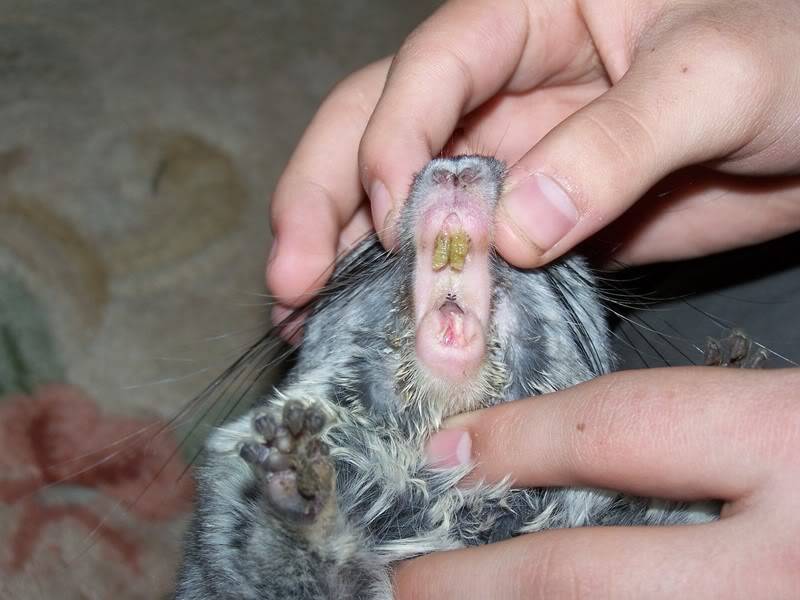
Causes of dental pathologies in chinchillas
Dental problems in rodents can be due to a number of reasons:
- unbalanced diet, preferential feeding with soft food, lack of mineral stone and branch food, which lead to insufficient tooth wear;
- hereditary diseases and congenital anomalies of the structure of the jaw;
- injuries resulting in jaw displacement and malocclusion;
- chronic diseases, manifested by long-term refusal of food and regrowth of teeth;
- autoimmune diseases;
- lack of minerals – often in lactating females.
The genetic predisposition of chinchillas to dental pathologies has not been studied; animals with dental problems should not be allowed to breed.
Types of dental diseases in chinchillas
Depending on the clinical manifestation, the following types of dental pathologies in chinchillas are distinguished.
malloclusia
Malocclusion in a chinchilla is characterized by malocclusion due to the formation of pathological processes – hooks – on the teeth of the animal. The jaws of a furry rodent do not close. A small animal is not able to fully eat. Pathology is characterized by:
- profuse salivation;
- rapid weight loss.
In the advanced stages of the disease, chinchilla develops stomatitis:
- the edges of the cheeks and the tongue are injured on the sharp edges of the overgrown crowns of the teeth;
- in the oral cavity of the animal, inflammation of the mucous membrane is observed with the formation of bleeding ulcers and fistulas on the cheeks of the pet.
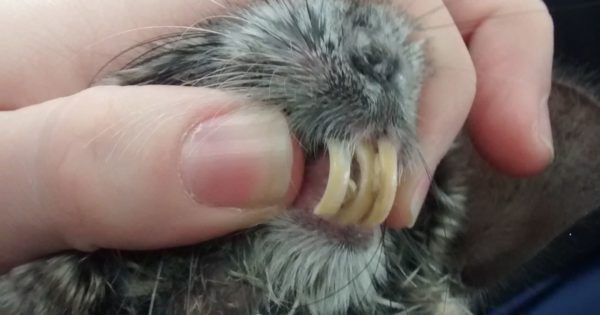
Crown regrowth
When the grinding of teeth is disturbed, pathological elongation of clinical crowns occurs, accompanied by malocclusion, salivation and inability to eat.
Ingrown roots of teeth
Under the roots of the teeth in chinchillas, they mean the reserve or subgingival part of the crown, which is able to grow into soft tissues, affecting the eyes or sinuses. Pathology is accompanied by:
- severe soreness;
- refusal of food;
- progressive weight loss;
- symptoms of conjunctivitis and rhinitis;
- the formation of dense swelling on the jaws of the animal and facial abscesses.
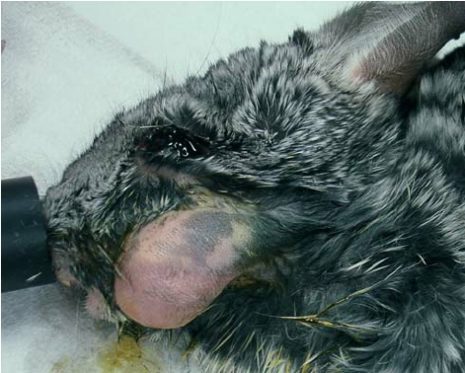
Tooth loss
If a chinchilla has lost a tooth, it is necessary to treat the oral cavity with an anti-inflammatory gel and consult a specialist. The cause of tooth loss can be trauma, stomatitis or pathological regrowth of crowns.
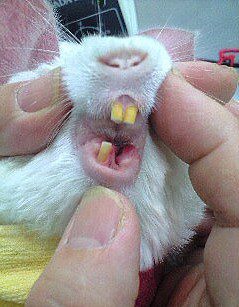
How to trim a chinchilla’s teeth
Any manifestation of dental pathology requires immediate treatment to the veterinary clinic. Diagnosis of dental pathologies includes:
- examination of the animal’s oral cavity with a veterinary otoscope using gas anesthesia;
- radiographic examination;
- computed tomography or video stomatoscopy.
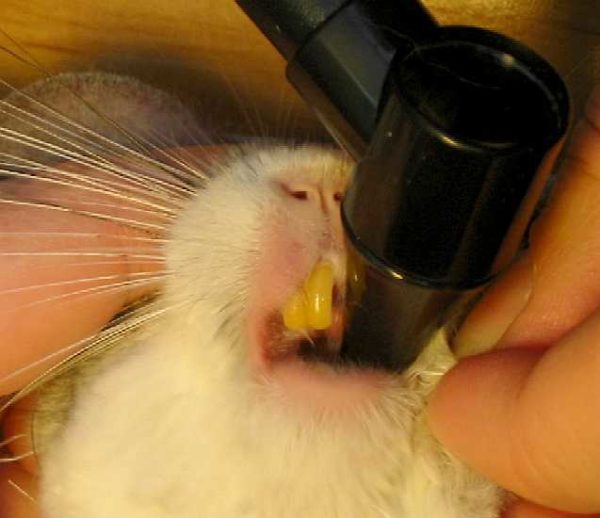
Surgical treatment of dental diseases in rodents is performed by a veterinarian in an operating room using local gas anesthesia.
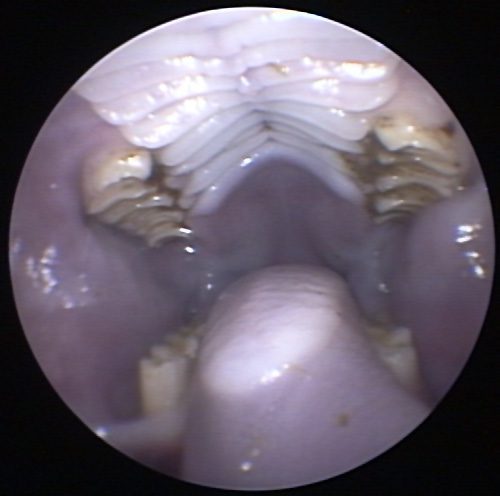
In order to carefully grind down the teeth of a chinchilla without damaging the oral mucosa, the rodentologist must fix the animal in a special machine.
The tooth grinding operation is performed by dental equipment using mechanical grinding. In case of repeated regrowth of crowns with the formation of hooks, it is recommended to trim the teeth every 3-4 months using laser polishing.
The cost of the operation is 1500-3000 rubles.
In advanced cases, it is sometimes necessary to remove the chinchilla’s teeth. A similar procedure should also be carried out by rodentologists in a veterinary clinic.
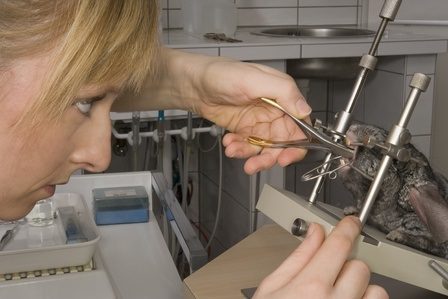
After the procedure for grinding teeth, the owner of the pet must provide postoperative care:
- treatment of the oral cavity of the animal with antiseptic solutions and decoctions of herbs;
- the use of painkillers;
- in the absence of appetite – feeding pasty food from a syringe;
- examination by a specialist.
After recovery, it is recommended to review the diet of the fluffy animal. Chinchillas need to be introduced in large quantities of hay and roughage for the physiological grinding of teeth.
Why does a chinchilla grind its teeth
If a domestic chinchilla grinds its teeth with good appetite and activity, then the gnashing is the sound of grinding the molars of the animal and is a physiological phenomenon. Some pets grind their teeth even in their sleep.
If a fluffy rodent creaks or chatters its teeth in the absence of appetite, there is diarrhea, paralysis of the limbs, profuse salivation, it is recommended to urgently contact a specialist to save the life of the animal. Such a rattle may be a symptom of pet poisoning.
Dental pathologies cause severe discomfort to chinchillas. To prevent dental problems, it is necessary to properly feed unusual animals and use special mineral stones to grind teeth. Treatment of dental diseases should be carried out by experienced specialists only in the conditions of a veterinary clinic in order to avoid causing injury to fluffy pets.
The sooner the owner of the animal turns to the veterinarian for dental problems of the chinchilla, the greater the chances for successful treatment and prolonging the life of a little friend.
Video: chinchilla teeth and their diseases
Common Chinchilla Dental Problems
3.2 (63.43%) 35 votes



